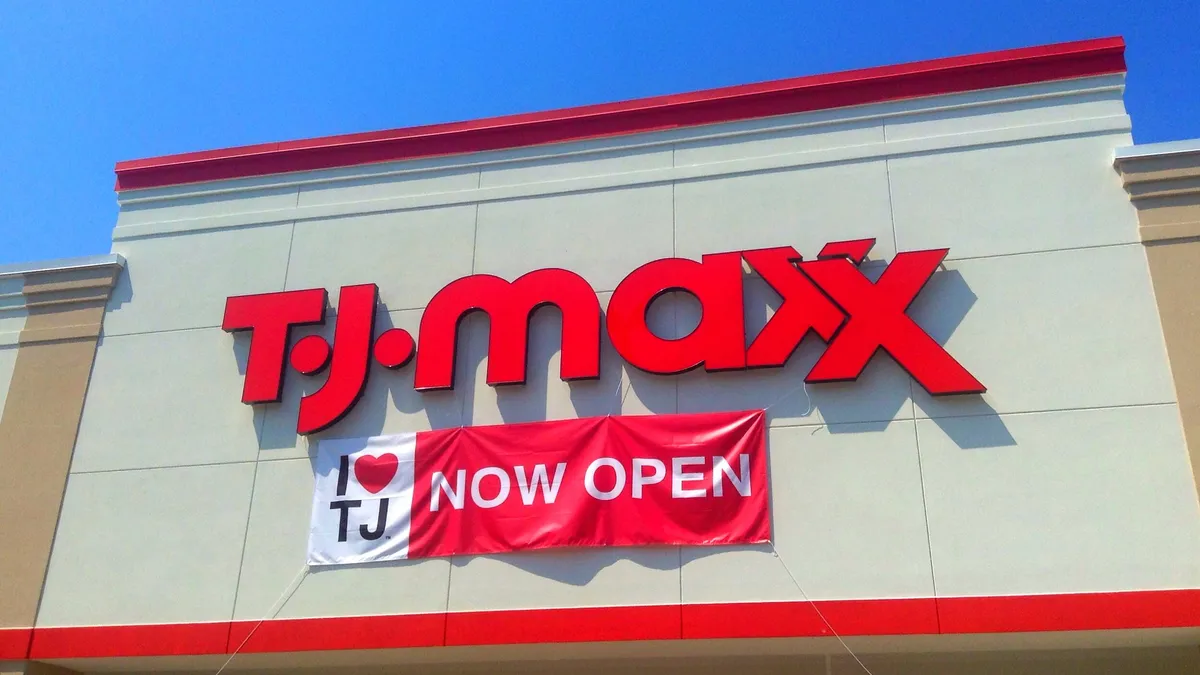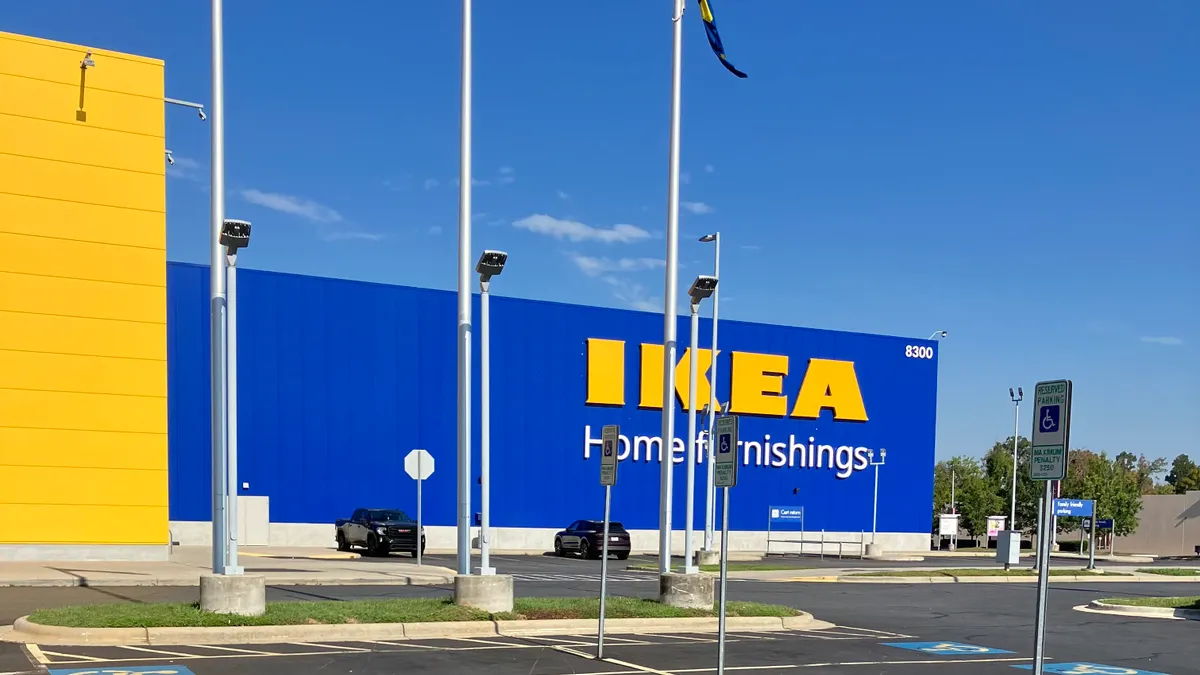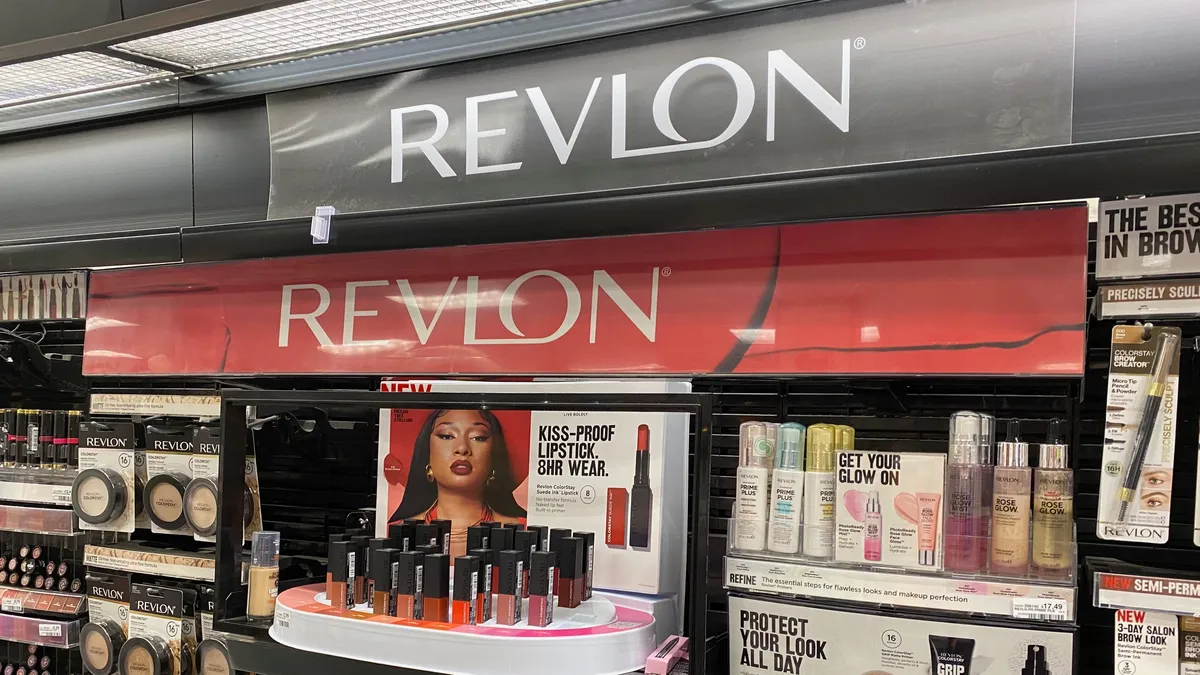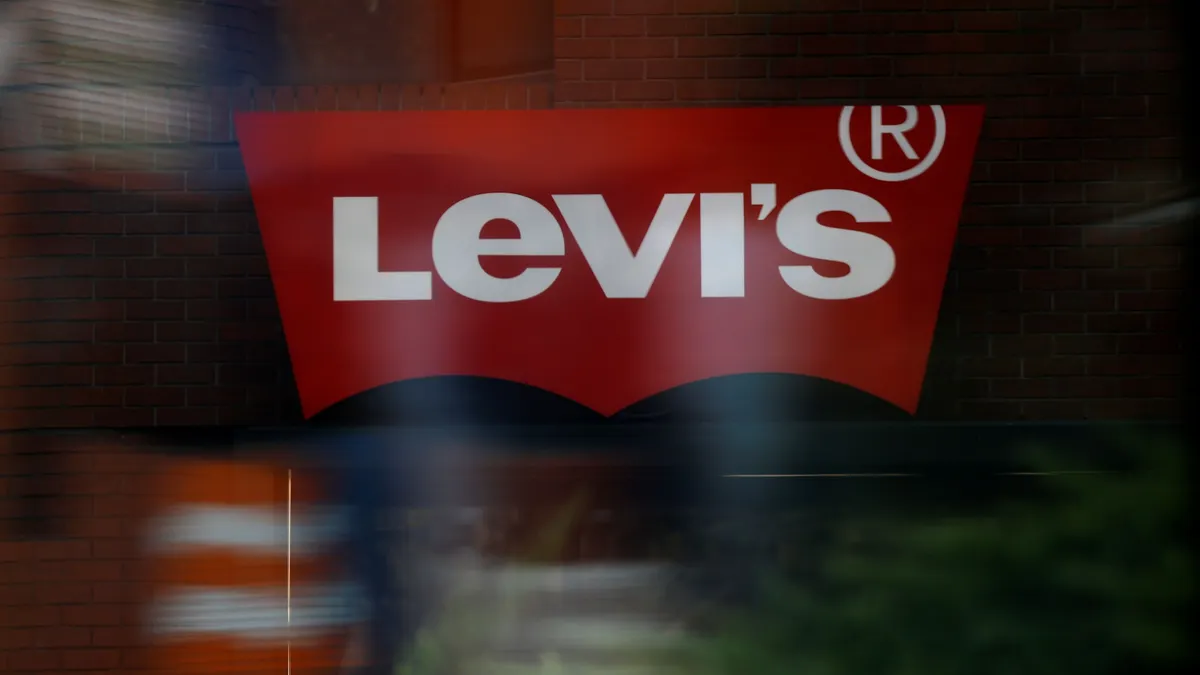Some U.S. consumers still have some of the government's pandemic relief money left in their pockets; others have needed the federal boost just to pay their bills. Both kinds of shoppers prize a deal, and are heading to off-price stores to find one.
The off-price sector usually weathers challenges like economic downturns with relative ease. But several of the major chains in the space — Ross and Burlington and those run by TJX Cos. — were left to flounder during much of last year, having mostly or entirely rejected e-commerce as a viable sales channel. The supply chain issues that bedeviled a lot of retailers hit off-pricers especially hard.
Now, though, vaccination rates are up and the pandemic is down. And department stores and other retailers, with a firm grip on inventory, have had fewer markdowns, giving their off-price rivals a new edge.
That focus on value isn't going away, according to GlobalData Managing Director Neil Saunders. "[A]s the consumer economy tightens, we believe the advantage will only grow and will push more shoppers into the channel," he said in emailed comments. "At present, off-price has a further advantage as discounting in mainstream retail is much reduced which is exacerbating the price gap between off-price and mainstream."
Here's how these individual players did in the first quarter.
Burlington
Burlington was the last major off-price chain to release its first quarter results, confidently leading its press release with comparisons to 2019. In that period, total sales rose 35% to $2.19 billion, net income rose 120% to $171 million and store comps rose 20%. Year over year, net sales soared 175% and net income rose more than 150%, swinging into the black from 2020, according to a company press release.
The results blew away most analyst expectations. Most retailers have achieved marked improvements in sales and profits year over year, but "only a select few have achieved the level of comp strength and flow-through that [Burlington] demonstrated in its 1Q. This speaks to the pull and power of the off-price model, and more specifically, to the strength of [its] execution and better flow-through in its model," MKM Partners Managing Director Roxanne Meyer said in emailed comments.
In a statement, CEO Michael O'Sullivan said that the government checks, the pace of vaccine distribution and pent-up demand were major factors driving traffic to stores, but warned that supply chain issues remain a problem and, more broadly, the near future remains murky.
"The second quarter is off to a good start, but the go-forward sales trend remains very difficult to predict," he said. "Meanwhile, expense headwinds in supply chain and freight have continued to deteriorate, and these are likely to weigh on our operating margin throughout the balance of the year."
Ross
Ross Stores CEO Barbara Rentler made similar comments the week before, cautioning in a statement that "it is difficult to precisely predict the lasting impact from the factors that benefited our first quarter sales results, especially the recent government stimulus payments."
In its first quarter, the company's net sales rose 145% year over year or 19% from 2019, to $4.5 billion. Net income rose 256% year over year or 13% from 2019 to $476 million. Store comps rose 13% compared to 2019, according to a company press release. Credit Suisse analyst Michael Binetti called the revenue performance "a standout," especially compared to department stores.
"It's becoming increasingly clear that as the consumer re-emerges from lockdowns, market share is shifting faster than we thought to the off-price category," Binetti said in emailed comments.
Rentler echoed that notion, noting the turmoil at other apparel retailers.
"Over the longer-term, we remain confident about our opportunity to gain market share as we expect to benefit significantly from a favorable competitive climate given the large number of retail store closures and bankruptcies in recent years," she said. "This, along with consumers' heightened focus on value and convenience, bodes well for our ability to achieve solid results into the future."
TJX Cos.
TJX, which runs T.J. Maxx, Marshalls, HomeGoods, Sierra and Homesense stores, has the most robust e-commerce operations in the space (not including Nordstrom's well-established Rack business), but that isn't saying much. Like its rivals, the company couldn't count on online sales for much support during the time last year when stores were closed or being avoided.
Now, stores are making all the difference, especially in the U.S. where unlike Europe, lockdowns are mostly a thing of the past. In May, the company said that first quarter net sales rose 129% year over year, or 9% from the year before, to $10.1 billion. Back into the black, net income rose 160% year over year to $534 million. Comps at physical stores rose 16% compared to two years ago, according to a company press release.
The desire or need for new clothes is sending TJX banners' fans back to stores, but the chains appear to be gaining new customers as well, according to GlobalData analysis.
"While consumers have a desire to spend, they will be increasingly value conscious as inflation picks up," Saunders said in emailed comments. "This augurs well for the off-price segment as a whole and for TJX in particular because of its stronger offer in dressier garments and workwear. It is also true that as consumers emerge from lockdown, they are eager to get out to shops and explore and this plays into the hands of the treasure hunt experience at TJX."























